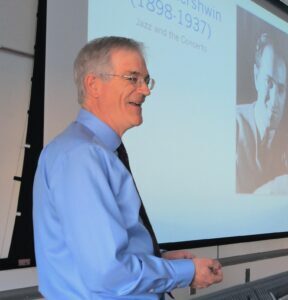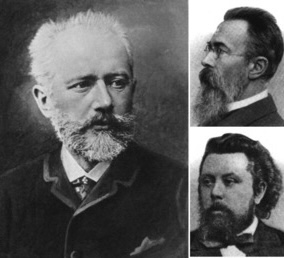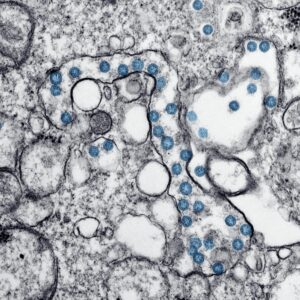25-A201 The Russian Romantics from Mussorgsky to Rachmaninov – Michael Roeder
Russian composers often hold a special place in the history of western music. They joined the stream late and initially developed two contrasting approaches: one favoured the strong use of Russian folkloric materials and was influenced by non-Germanic composers such as Liszt and Berlioz; the other was more closely connected with the more conservative Germanic tradition, although the two approaches mixed in interesting ways. We will explore music by Balakirev, Borodin, Rimsky-Korsakov and Mussorgsky who aligned themselves with the former approach. The music of Tchaikovsky and Rachmaninov, both of whom studied in conservatories founded by the Rubinstein brothers in St. Petersburg and Moscow, illustrates elements of the second approach, with inescapable evidence of the influence of Russian folk materials. We will also touch on the music of Scriabin, a contemporary of Rachmaninov.
Instructor: Michael Roeder
 Dr. Michael Roeder is inspired by music and loves to share his enthusiasm and knowledge with eager students. He earned his PhD in Historical Musicology at the University of California at Santa Barbara and taught there for a few years before accepting a position at the University of Alberta where he taught for more than three decades. Michael has received awards for his teaching from the U of A as well as national recognition through a 3M Teaching Award. His musical interests run from late Baroque into the twentieth century with special interest in the music of Bach, Mozart, Beethoven, Brahms, Rachmaninov and Stravinsky as well as jazz. Michael enjoys opportunities such as provided by ELLA to share his knowledge and love of music.
Dr. Michael Roeder is inspired by music and loves to share his enthusiasm and knowledge with eager students. He earned his PhD in Historical Musicology at the University of California at Santa Barbara and taught there for a few years before accepting a position at the University of Alberta where he taught for more than three decades. Michael has received awards for his teaching from the U of A as well as national recognition through a 3M Teaching Award. His musical interests run from late Baroque into the twentieth century with special interest in the music of Bach, Mozart, Beethoven, Brahms, Rachmaninov and Stravinsky as well as jazz. Michael enjoys opportunities such as provided by ELLA to share his knowledge and love of music.






